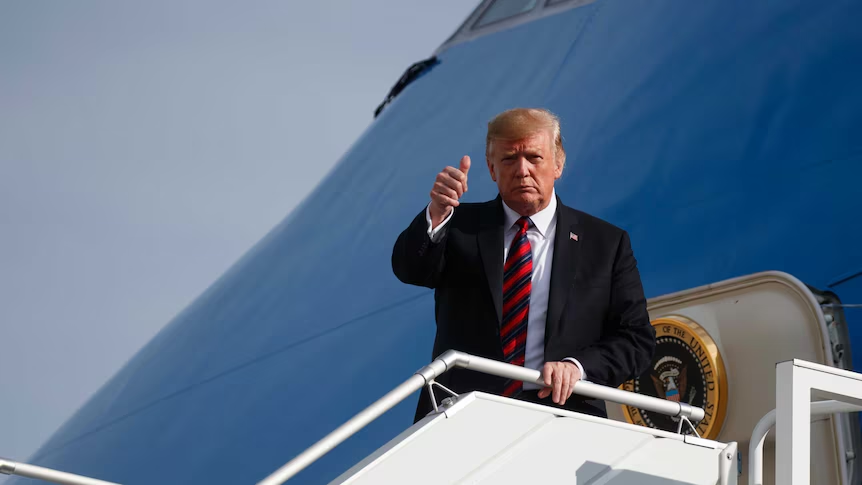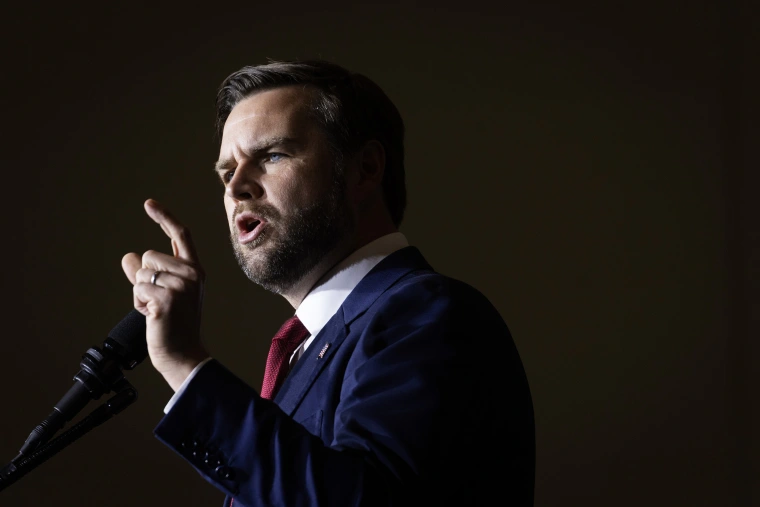In a significant development in U.S.-Colombia relations, President Donald Trump has temporarily delayed imposing tariffs and sanctions on Colombia following an agreement with Colombian President Gustavo Petro. This deal, centered around the deportation of Colombian migrants and the “unrestricted acceptance” of U.S. military flights for their repatriation, has reduced tensions between the two nations.
The Deportation Dispute: Tensions Escalate
The conflict began when President Petro accused the Trump administration of mistreating Colombian migrants. He pointed to images of detained individuals being handcuffed and emphasized that Colombia would not accept deportation flights unless the migrants were treated with dignity. This led to Trump threatening tariffs and sanctions on Colombia.
Trump responded quickly by announcing a 25% tariff on all Colombian goods entering the United States. He further warned that the tariff would rise to 50% within a week if the situation wasn’t resolved. In addition, Trump proposed revoking visas for Colombian government officials and increasing customs inspections for Colombian nationals and goods, citing national security concerns.
Colombia’s Retaliation and Diplomatic Solution
In an attempt to de-escalate the situation, President Petro offered a resolution. He agreed to provide a presidential plane to ensure the “dignified return” of Colombian migrants facing deportation from the U.S. Petro also ordered his trade minister to implement a retaliatory 25% tariff on U.S. goods, signaling Colombia’s response to Trump’s threatened tariffs.
Agreement Reached: A Temporary Respite
The situation was temporarily resolved when Colombia agreed to fully accept U.S. military deportation flights. White House Press Secretary Karoline Leavitt confirmed that Colombia had agreed to all of Trump’s terms, leading to the U.S. holding off on signing the tariffs and sanctions. However, the deal’s success depends on Colombia honoring the agreement.
This temporary resolution has provided a break from escalating tensions, but the long-term effectiveness remains uncertain.
Impact on U.S. Immigration Policy and Trade Relations
This diplomatic showdown showcases President Trump’s unwavering stance on immigration, which includes aggressive deportation measures and securing U.S. borders. Since taking office, Trump has declared a national emergency at the U.S.-Mexico border, utilizing U.S. troops to assist with deportations.
The tensions with Colombia reflect Trump’s broader strategy to leverage economic power, such as tariffs, to enforce immigration policies. It also emphasizes the intricate balance between trade and immigration enforcement in foreign policy.
What’s Next for U.S.-Colombia Relations?
While the immediate deportation crisis appears resolved, the agreement underscores the delicate balance between immigration enforcement, trade, and diplomacy. The U.S. and Colombia must work together to ensure deportations are conducted humanely while managing the political and economic fallout from their immigration and trade policies.
This episode may serve as a precedent for future diplomatic negotiations on immigration enforcement, trade, and international cooperation. The future of U.S.-Colombia relations will be shaped by the implementation of this deal and the evolving political landscape.
Key Takeaways:
- Tariffs Delayed: Trump delays tariffs on Colombia following a deal on deportation flights.
- Colombia’s Response: Colombia agrees to provide a presidential plane for dignified migrant returns.
- Retaliatory Tariffs: Colombia imposes its own 25% tariffs on U.S. goods in retaliation.
- Impact on Immigration Policy: Trump’s hardline immigration policies are evident in this diplomatic dispute.
- Future Relations: The resolution may shape future U.S.-Colombia diplomatic negotiations.



